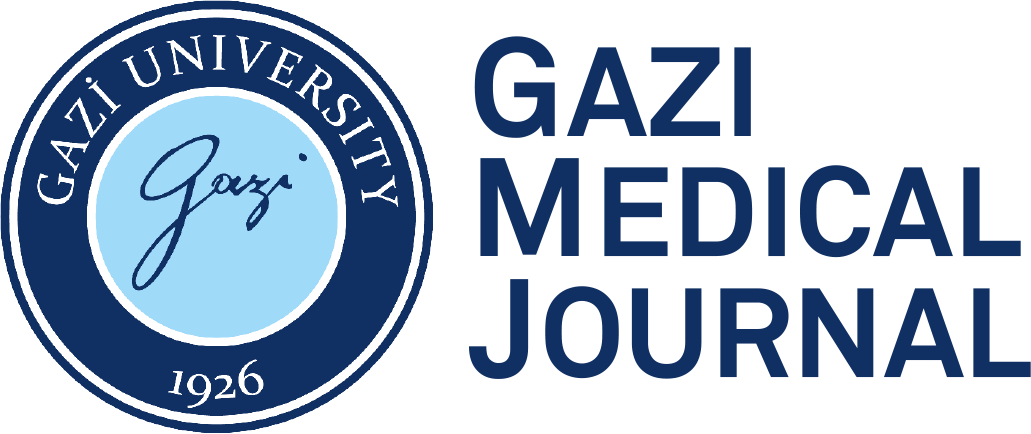ABSTRACT
Purpose:
The aim of this study was to evaluate the nutritional status of patients hospitalized in a surgical department and to assess the contribution of nutritio-nal support to patients with malnutrition.
Materials and Methods:
A Subjective Global Assessment (SGA) was perfor-med in 1400 patients (1229 benign and 171 malignant cases) at admission. Two patients with breast carcinoma and 121 patients with GIS malignancies had nut-ritional support by way of enteral, parenteral, or combined enteral and parente-ral nutrition. Urinary nitrogen excretion was used for the clinical evaluation of the patients who received nutritional support. Nutritional support was started 3-5 days prior to surgery. Most of the patients received early enteral nutritional support orally or by way of nasoenteral or jejunostomy tubes, postoperatively. The duration of nutritional support was approximately 10 days. In the group of patients who received nutritional support, the nutritional status on discharge was compared with that at admission
Results:
Of the 1229 benign cases, 1187 (96.4%) were classifi ed in group A and 42 (3.6%) were classifi ed in group B. None of them received nutritional support. Of the 50 patients with endocrine malignancies, only the two breast carcinoma patients who scored C received nutritional support. A preoperative evaluation of the 121 patients with GI malignancies revealed that 33 (27.3%) scored A, 63 (52%) B, and 25 (20.7%) C. Nutritional support was given to all patients with GI malignancies, regardless of the nutritional status. When the 123 patients who received nutritional support were discharged, 68 of them (55.3%) were in the same group, 4 (3.3%) had deteriorated to a lower group, and 51 (41.4%) had risen to an upper group. No hospital mortality was obser-ved in the study group.
Conclusion:
The results indicated that 3.6% of the surgical patients with be-nign and 53.8% of those with malignant diseases were malnourished to various degrees, preoperatively. Using the SGA and with a standardized strategy of nutritional support, it is possible to provide better nutritional levels or to main-tain the preoperative nutritional status in patients undergoing surgery.



